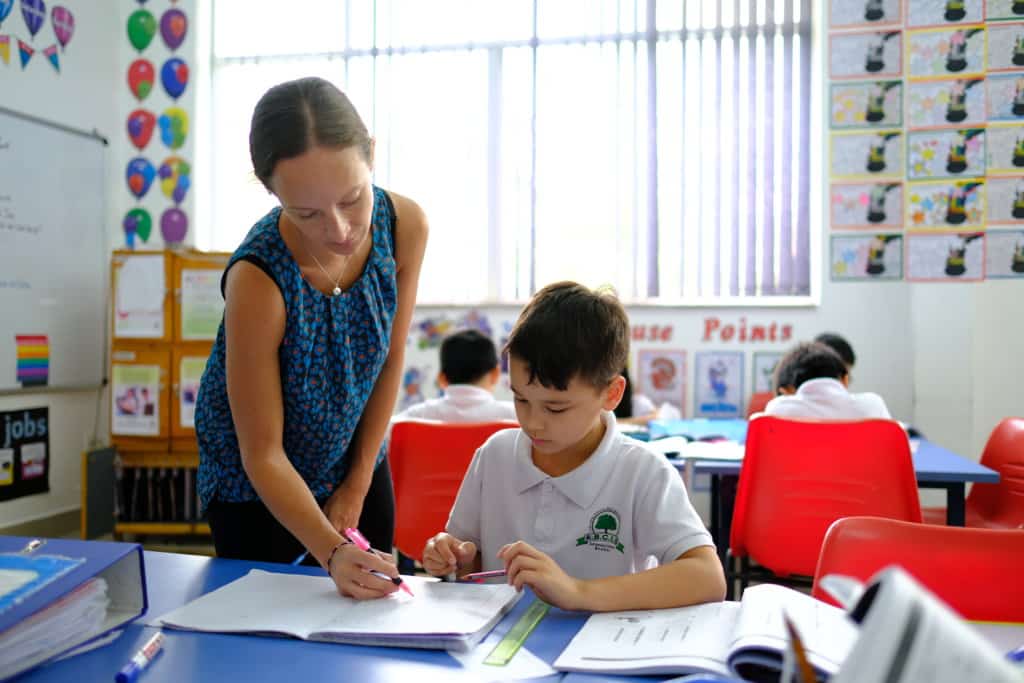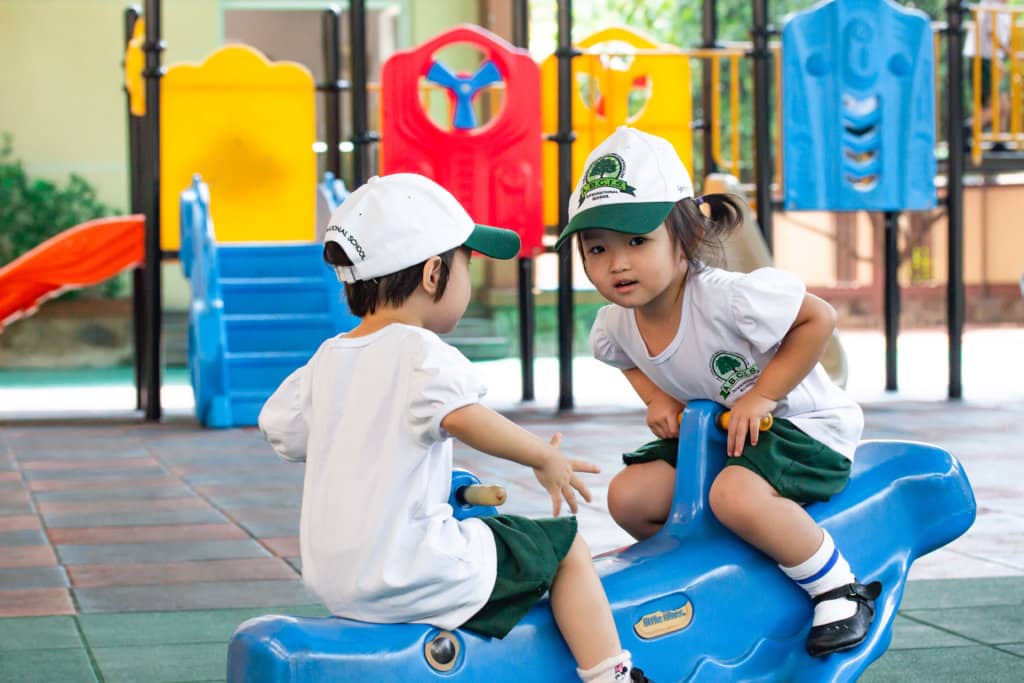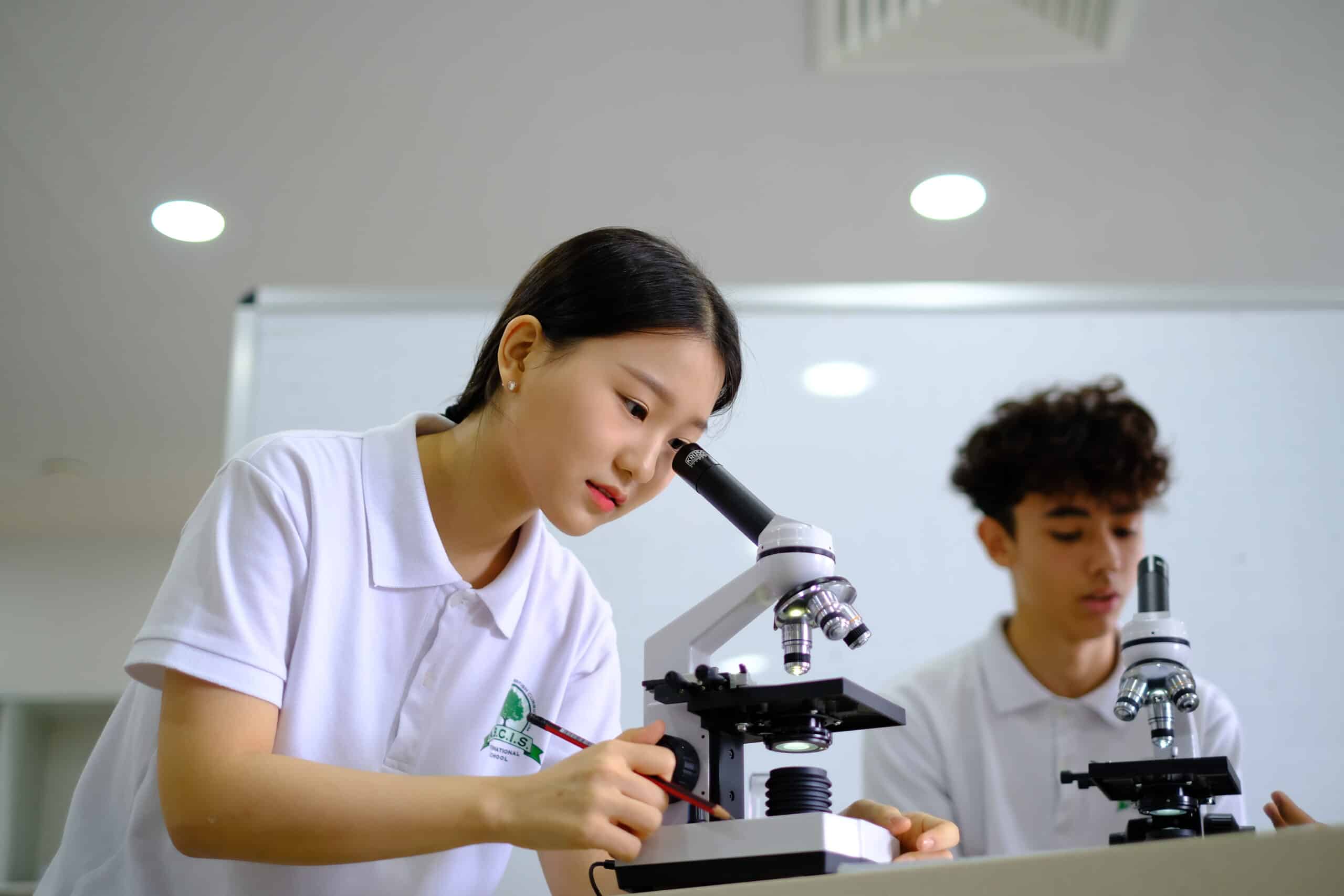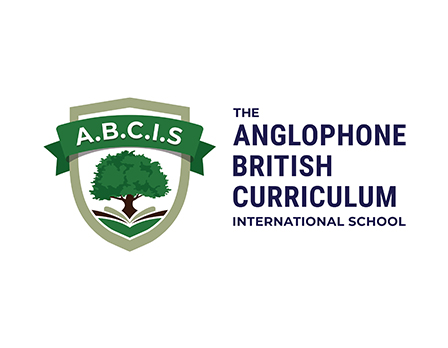Being captain of the basketball and football team. Learning practical survival skills like mapping, camping, and navigation. Putting ideas forward. These are all experiences that Millie Shaw remembers of her time at The ABC International School (ABCIS) — and ones she continues to carry with her to this day.
First established in 1995, ABCIS is a multi-national, non-denominational day school for students between the ages of two to 18. Its status as a British international school in Ho Chi Minh City, Vietnam is a celebration of its diverse student body and teaching staff. Indeed, the school hosts students from 23 countries worldwide — creating a truly enriching international environment.
Millie, a British national who grew up in Abu Dhabi, moved to Vietnam with her family over nine years ago. She was at first nervous about joining a new school — but that trepidation didn’t last long.
She was immediately struck by the warm, welcoming environment as soon as she stepped foot on campus.
“The other schools I went to were much larger,” she shares. “Whereas ABCIS is quite a small tight-knit community,” she says. “Joining from such a young age as well, I think that ABCIS was very supportive.”

Source: From primary up until Key Stage Five, all students benefit from a close-knit environment and many one-on-one interactions with teachers. Source: The ABC International School
The British-born student took to ABCIS quickly. She thrived in her academics — which, given the features of the school, is completely understandable. Its close-knit community let Millie benefit from a 10:1 student ratio, with small class sizes of up to 17.
It’s a conducive environment for A Level students, who undertake one of the most rigorous exams in the world whilst balancing their university applications.
Millie did well in her A Level exams — all while balancing a variety of Extra-Curricular-Activites.
In Key Stage 5 — or Sixth Form, as it is commonly referred to — such well-rounded competencies are crucial. These are the final two years of study prior to graduation and entry as young adults into university.
Hannah Hewitt, Head of Key Stage 5 and a university and careers counsellor, says this has everything to do with wanting students to have the tools and opportunities for a meaningful and productive schooling experience.
“I have always believed in holistic education,” she explains. “The idea that we’re not just delivering knowledge in certain subject areas, but that we’re contributing to the whole person. More than that, we want to ensure students have opportunities to explore different areas of interest and develop skills in them. The same thing doesn’t necessarily work for each student, so we try and make sure that we’ve got a range of activities for every student to try.”
From Drama and Music to Computer Science and programming, students have the chance to explore their interests to their hearts’ content. Millie participated in Model United Nations and the Duke of Edinburgh International Award (DOE), where she and her peers went camping and learned basic survival skills.
“It’s quite gruelling,” says Ms. Hannah. “They have to trek for 15 kilometres on one day, and 10 on the next. They pitch their own tents, cook their own food — so there’s a real sense of teamwork and project management. However the great thing about DOE, along with MUN, is that they’re internationally recognised. So students who are applying to particularly competitive universities often have an advantage in their application process.”

Source: The ABC International School provides enriching experiences for students of all age groups. Source: The ABC International School
Millie also acted as School Prefect and was part of the Student Council. “I was able to put my ideas forward in the school,” she shares. “We gave the school a student perspective of what could be improved on or if there was anything missing. It was a great feeling to know that ABCIS was actively listening to us and taking steps to enhance our student experience.”
ABCIS has now introduced nine senior prefects in Year 13 who help with the Senior Leadership Team. “One of our main goals has been kind of creating school spirit, especially after COVID-19,” explains Ms. Hannah. “In each year group, two students from each form class create the student voice for their year group. They then feed it to the student council, who then come to me with their ideas of what they want to change.”
One of the major things students asked for was more events — and ABCIS made it happen. This includes local educational trips, particularly in building character.
Giving students the chance to explore the subject they hope to study at university is a major part of this, too. “Lots of our students go out to do engineering or various sciences, and so quite a lot of the student ECAs allow them more hands-on experience,” she says. “Outside of the curriculum, we’ll try to make a visit to a hospital, or incorporate experiments and dissection, and more.”
On top of this, Millie was — as mentioned above — captain of the basketball and football team.
“I got to take on a more leadership-based role, which you don’t really get given to us at such a young age, so that was nice,” she says. “As captain, I had the opportunity to build different relationships — for example, mixing with students from younger year groups, helping them with their confidence on the field, and more.”
It’s a curriculum that’s worked. Today, Millie is studying Clinical Psychology at the University of Sussex in the UK. This is typical of ABCIS students — 76% of graduates attend the top 100 universities worldwide.
Above all, however, they leave ABCIS as confident and capable leaders. “We hope to create well-rounded individuals who go off into the world as global citizens and as good people in the world, really,” says Ms. Hannah.











